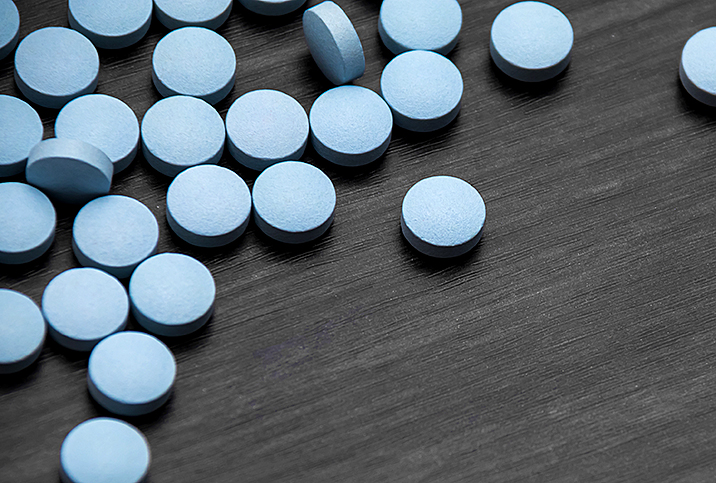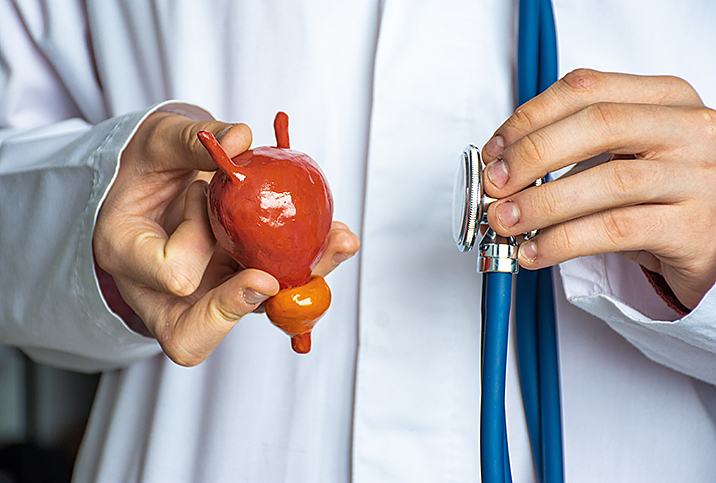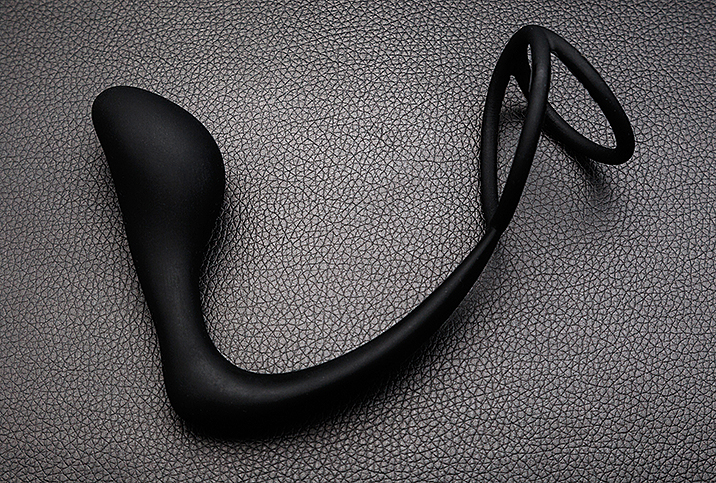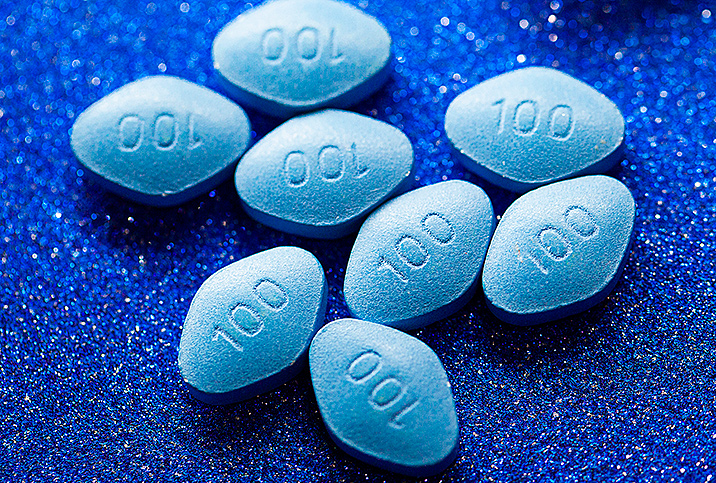Can You Improve Prostate Health with ED Medication?

No part of the human body is immune to the effects of aging. As many men get older, they face the double whammy of benign prostatic hyperplasia—enlarged prostate, also known as BPH—and erectile dysfunction (ED).
Erectile dysfunction and enlarged prostate are diverse health problems with different symptoms, different causes and different consequences. Until recently, treatment for the two conditions has, understandably, been different.
But research suggests that most effective medications for erectile dysfunction could also alleviate the symptoms of BPH.
ED medications & erections
During an erection, a natural chemical called cyclic guanosine monophosphate (cGMP) relaxes the smooth muscles in the penis’ arteries, which allows sufficient blood to flow to and get trapped in the penile tissue. Eventually, an enzyme known as phosphodiesterase type 5 (PDE5) breaks down the cGMP, redirecting blood out of the penis and effectively “turning off” the erection.
Erectile dysfunction medications work by inhibiting or blocking PDE5, which means cGMP doesn’t break down and the penile tissue stays engorged with blood. These medications are effective, but they work better when you already feel sexually aroused.
Beyond erectile dysfunction
While PDE5 inhibitors effectively treat erectile dysfunction, they have shown benefits for other health conditions, too. Tadalafil and sildenafil, for example, are approved to treat pulmonary hypertension.
ED medications may not have been approved to treat other health problems, but scientific research suggests that these medications can help patients battling Raynaud’s phenomenon, stroke, heart failure and altitude sickness. All of these health conditions have one detail in common: blood vessels. Since erections involve blood vessels as well, using erectile dysfunction medication makes a sort of logical sense.
However, BPH has little to do with blood vessels. Rather, it results from the multiplication of epithelial and stromal cells, which results in the formation of nodules. So how could ED medication possibly help? Researchers have found ways.
Scientific evidence
Most people think of enlarged prostate as a “mechanical” issue. An enlarged prostate narrows the urethra and obstructs the flow of urine. Think of it like stepping on a garden hose to block the flow of water. This mechanical obstruction is the primary cause of lower urinary tract symptoms of an enlarged prostate.
It’s no surprise, then, that some men with BPH respond to hormone-blocking medication intended to shrink the prostate gland. Other men require a surgical procedure to remove the excess tissue.
Research also suggests that most men with an enlarged prostate respond to alpha-blockers that relax the smooth muscle cells in the bladder neck and prostate, facilitating easy urine passage. Scientific experiments with prostate and bladder tissue from both mice and men show that cGMP and nitric oxide relax the prostate and bladder muscle cells, just as they do in the blood vessels in the penile tissue.
Besides, PDE5 is present in the prostate and bladder, where it facilitates the breakdown of cGMP. So drugs that target PDE5 are likely to increase cGMP levels in the prostate gland and bladder, thus relaxing the muscle cells to let urine flow easily. Since erectile dysfunction medications inhibit PDE5, research suggests that these medications can also alleviate the symptoms of an enlarged prostate.
It’s always a great feeling to, proverbially, kill two birds with one stone. You can target two health problems, and maybe even more, with one treatment: ED medication. Of course, always consult your doctor about which treatment options are best for you.


















